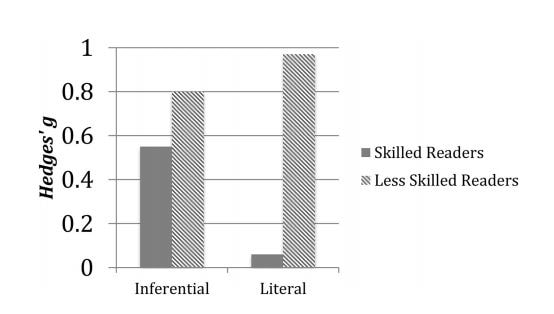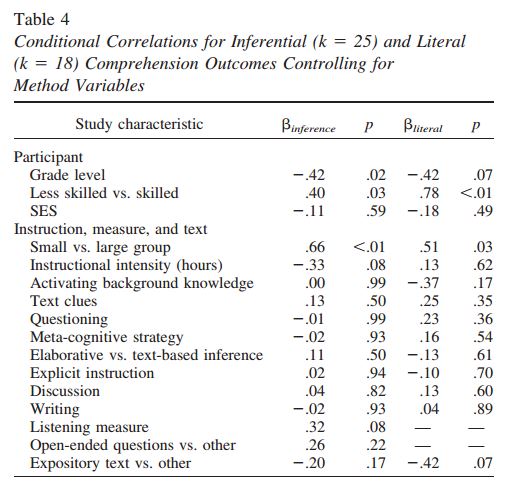What better time to remind ourselves of his contributions to American education? I hope Hirsch will forgive me if I do not dwell here on his practical and arguably greatest contribution—the establishment of the Core Knowledge Foundation, which has both produced outstanding curricular materials (many distributed without cost) and advocated for equitable, outstanding education for all. (I sat on the board of the foundation for some years.)
Instead, I'll focus on three profound ideas that Hirsch developed and explicated, and that have had a substantial influence on my thinking.
- The role of knowledge in reading. Background knowledge is the main driver of language comprehension, whether written or spoken. Disadvantaged students are disproportionately dependent on schools to provide the background information that will make them effective readers because wealthy students have greater opportunity to gain this knowledge at home. These were the key ideas in Cultural Literacy. That 1987 volume became a best seller mainly because of the list at the back of the book, “What Literate Americans Know.” The list also gave Hirsch the undeserved reputation of an ultra-conservative because he was apparently advocating that school children spend most of their time memorizing the names of dead white males. You couldn’t hold that opinion if you actually read the book, but most people didn’t.
- The importance of shared knowledge in citizenship. The American Founders recognized that this country, as a multi-ethnic society, faced a peculiar dilemma among nations; how to encourage a feeling of commonality and mutual responsibility among diverse citizenry? They saw a common body of knowledge as crucial to the cohesiveness of American citizenry where individuals held allegiance to other tribes—English, Scottish, German, etc. In The Making of Americans Hirsch argues for a “civic core,” and for the idea that each of us as individuals can and should have commonality in the public sphere, even as we have individuality and different group allegiances in the private sphere. The former does not diminish the latter.
- The seeds of Americans' denigration of knowledge. Why would it be controversial to argue that children should share some common knowledge? The seeds of that idea lay in the Romantic response to the Enlightenment. Whereas Enlightenment thinkers esteemed knowledge of the world, the Romantics emphasized feeling, emotion, and especially esteemed the impulse of the individual. Whereas Enlightenment thinkers would emphasize social institutions as beneficial to human well-being and flourishing, Romantics depicted social institutions as problems, and portrayed humankind in its natural state as sanctified. In The Schools We Need and Why We Don't Have Them and in Why Knowledge Matters, Hirsch has argued that early educational theorists were influenced by Romantics to a degree few appreciate, and that we today are inheritors of their mostly flawed assumptions about human nature. These assumptions lead to a reverence for individuality and for nature, and a corresponding denigration of knowledge deemed important enough for all to know.
Needless to say, a paragraph doesn't begin to do justice to each of these ideas. If they are not familiar, I encourage you to explore them further--I've already made it easy by including the links to buy the books!


 RSS Feed
RSS Feed